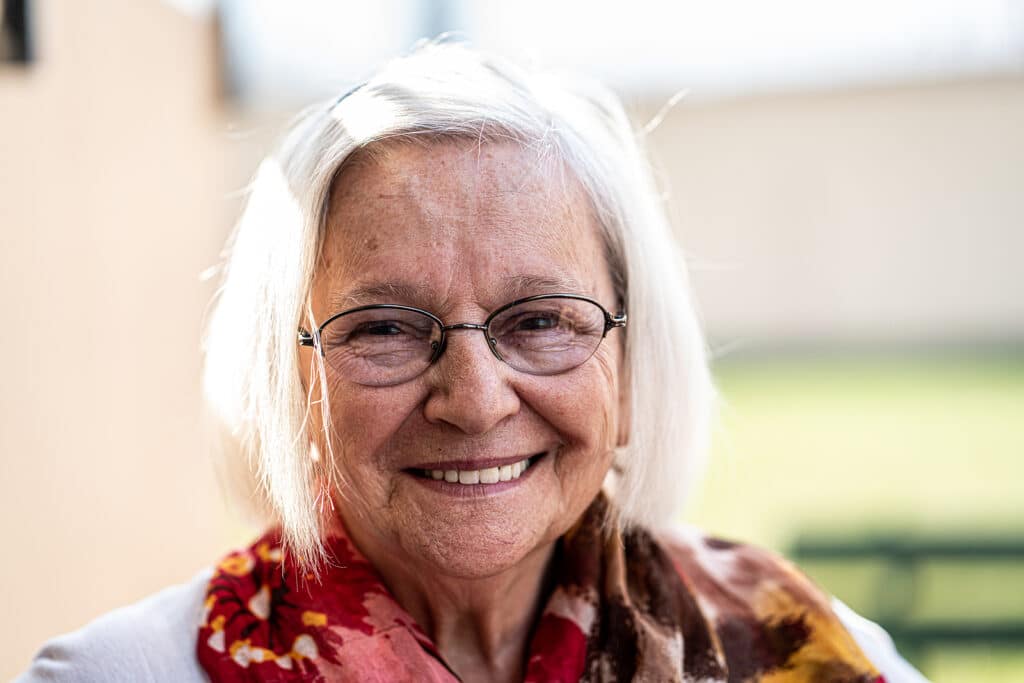Home Health Care: Strokes are a frightening health issue and often can lead to bigger health concerns.
They can also be fatal. As your senior’s family caregiver, it’s important for you and your home health care provider to understand as much as possible about strokes, particularly if your elderly family member has a high risk of having a stroke herself.

The Brain Needs Blood in Order to Stay Alive
A stroke happens when blood flow is severely slowed down or stopped in the brain. As with a heart attack, this causes immediate issues for your senior and for her brain. The brain has to have blood flowing in order to keep functioning and during a stroke, the brain can start to die off quickly without that blood flow. This is why responding quickly when you suspect a stroke is so important.
Risk Factors for Strokes Are Complicated
There isn’t just one risk factor for strokes. Your senior may be at a greater risk for a stroke if she has a family history of strokes and circulatory issues. If she’s got high blood pressure, diabetes, or she’s a smoker, she may also increase her risk of having a stroke. Talk with your senior’s doctor about her individual risk factors so that you both know what she’s up against.
Every Stroke Is Different
There are several different types of strokes ranging from “mini-strokes” or transient ischemic attacks to ischemic strokes caused because of blood clots and hemorrhagic strokes, caused by ruptured blood vessels in the brain. The severity of the stroke and where it occurs is primarily what dictates how the stroke impacts your senior afterward.
Your Senior May Need Help After a Stroke
It’s highly likely that your elderly family member is going to need more help than either of you realize after a stroke. Medical assistance, like through physical therapy, is something that her doctor is likely to get rolling for her. But putting home health care assistance in place can make a huge difference for your senior. Caregivers can offer companionship, but also hands-on assistance with anything that is more difficult for your senior. Senior care at home allows your senior to recuperate at home and at her own speed.
Stroke recovery is going to look different for your senior on different days, too. Everyone has good days and bad days. What matters is that your senior has the tools that she needs to heal as well as she can.
The staff at Home Care Matters is available to talk with you and your family about all of your needs. Home Care Matters is a home care agency providing quality and affordable Home Health Care in Johns Creek, GA, and surrounding areas.
Call (770) 965.4004 for more information.
We provide home care in Braselton, Buford, Dacula, Duluth, Flowery Branch, Gainesville, Johns Creek, Lawrenceville, Oakwood, Sugar Hill, Suwanee, Barrow County, Forsyth County, Gwinnett County, Hall County, Jackson County, North Fulton County.
Valerie has the unique experience with home care as she has experienced it from both ends of the spectrum, as a caregiver and as needing care herself as a cancer survivor. Valerie says, “Taking care of someone you love is a physically, mentally and demanding labor of love.Taking care of my mom was the hardest thing I have ever done. It has given me an insight and perspective not many people understand unless you are doing it or have done it.I loved taking care of my mom.I love helping others take care of their love ones too.And now that I’ve been sick, it’s given me a whole new level of empathy and understanding for those who are sick and need help.”
Valerie’s schedule varies daily, but she loves visiting with our clients, families, caregivers, our network partners and being in the office.Says Valerie, “Every day is different, but I wake up excited about what we do, inspired by our team, clients and caregivers.I strive to be a resource to the community.I love my team and I love what we do every day. I like to think my mom would be proud.”
You can reach Valerie by email (Valerie@homecarematters.com) or in our office (770.965.4004).
- How In-Home Alzheimer’s Care Helps Your Parent Stay Safe and Comfortable - December 26, 2025
- After the Fall: How Home Care Helps Seniors Recover Safely at Home - December 19, 2025
- Supporting Seniors with Memory Challenges Through Compassionate Senior Home Care - December 12, 2025

